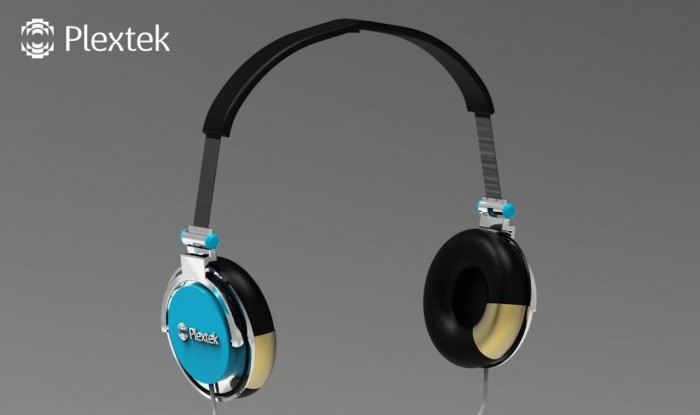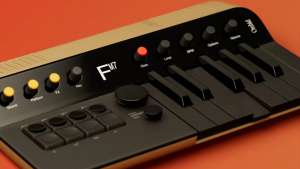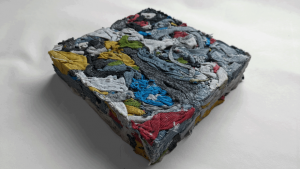
Do you often hear a buzzing, humming or whistling sound in your ears, even when no other sound is present? You could be one of the estimated three hundred million people worldwide suffering from hearing related issues such as tinnitus. Tinnitus — ringing in the ears — is a common health condition brought on by stress, illness or exposure to loud noise.
Even though it is often difficult to cure, the good news is that it can be prevented. According to the World Health Organisation, fifty per cent of all hearing issues would be preventable with some form of intervention. One of the reasons why hearing issues are prevalent globally is because testing and prevention continue to be restricted within clinical and hospital environments- making it inaccessible to many.
UK-based engineering and design consultancy Plextek may have a solution that won’t require a trip to an audiologist. The technology, developed by Plextek, incorporates electrodes and other components into regular consumer headphones that record auditory evoked potentials (AEPs). AEPs generate without external audio stimulus and the detection of these AEP’s while there is no sound can be indicative of the onset of tinnitus.
Essentially, what this device does is turn regular consumer headphones into a tinnitus early warning system. By syncing their headphones to a smartphone app, users will be alerted if they show any potential tinnitus symptoms.
Collette Johnson, Director of Medical & Healthcare at Plextek, considers this technology a game-changer because of its ability to break conventional clinical barriers by placing easily accessible detection technology within consumer products. For the consumer, this access means that they are able to constantly self-monitor and act quickly on a condition like tinnitus, that often has life-changing effects on sufferers.
Considering modern lifestyles which make day-to-day exposure to noise inevitable (both in our work and recreational settings) this Plextek technology could be an essential because damage to hearing is not always immediately obvious.






